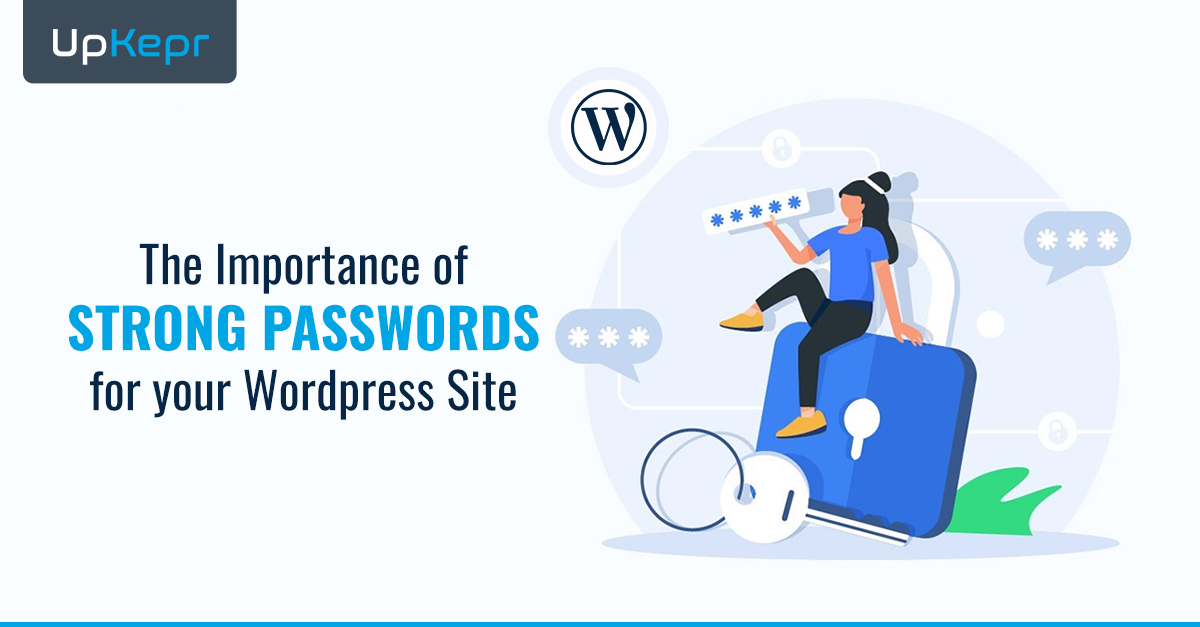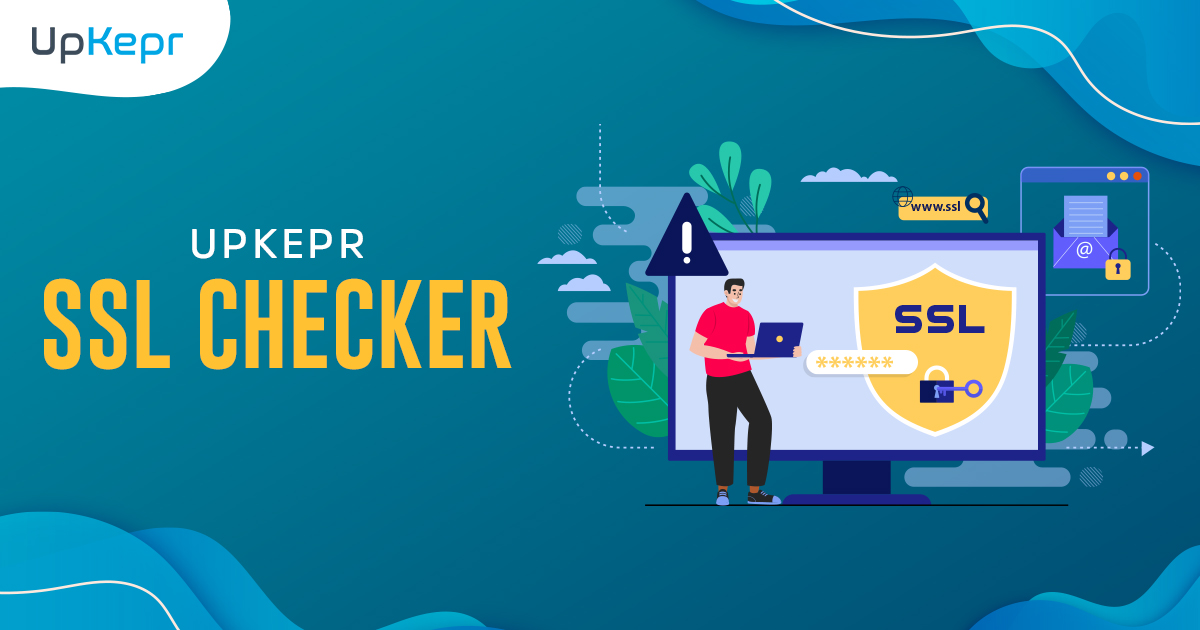
Understanding WordPress Security Vulnerabilities and How to Protect Your Website

WordPress powers over 40% of websites across the globe, making it an attractive target for cybercriminals. As one of the most widely used content management systems (CMS), WordPress is often the subject of various security vulnerabilities. These issues can range from simple misconfigurations to severe flaws that expose your site to potential attacks, compromising both data security and website functionality.
In this post, we’ll cover the most common WordPress security vulnerabilities, specifically targeting both the WordPress core and WooCommerce e-commerce platforms. We'll also walk through the importance of regularly scanning your website for vulnerabilities and provide some proactive measures to secure your site.
Common WordPress Vulnerabilities
1. Outdated WordPress Core and Plugins
One of the most common vulnerabilities on WordPress sites stems from outdated core software, plugins, and themes. Cyber attackers exploit known vulnerabilities in older versions of WordPress and outdated plugins, taking advantage of sites that haven’t been updated.
2. Cross-Site Scripting (XSS) Attacks
XSS attacks are common on WordPress sites where attackers inject malicious scripts into websites. These scripts can compromise the data of your site users or even hijack user sessions.
3. SQL Injection Attacks
SQL injection vulnerabilities occur when an attacker inserts malicious SQL queries into input fields, allowing them to access or modify your site’s database.
4. Weak Passwords and Brute Force Attacks
Brute force attacks involve attackers trying multiple password combinations until they gain access. Weak passwords are the easiest to crack and a common entry point for hackers.
5. File Inclusion Vulnerabilities
File inclusion vulnerabilities allow attackers to inject files or scripts into your WordPress installation. This could lead to malware execution or full site takeover.
6. Unnecessary User Roles
WordPress websites often have multiple user roles, some of which may have unnecessary access privileges. This can lead to security issues if an attacker gains control of a lower-level account.
Specific Vulnerabilities in WooCommerce
WooCommerce, being a plugin for WordPress, shares many of the same vulnerabilities. However, e-commerce sites face additional security challenges due to the sensitive customer data they handle, including payment information, shipping addresses, and more.
1. Insecure Payment Gateway Integrations
Many e-commerce websites rely on third-party payment gateways. If these gateways aren’t properly integrated or lack adequate security, hackers can intercept sensitive financial transactions.
2. Insecure Customer Data Storage
E-commerce websites store a wealth of sensitive information. If a website doesn’t encrypt sensitive customer data (like credit card details), this can expose it to theft.
3. Inadequate Cart Security
WooCommerce websites need to ensure that the shopping cart and checkout processes are protected from malicious attacks. Attackers may manipulate cart information or perform unauthorized transactions.
Why You Should Use a WordPress Vulnerability Scanner
One of the most effective ways to secure your WordPress website from common vulnerabilities is by using a WordPress vulnerability scanner. Vulnerability scanners are tools that automatically detect security issues on your website, such as outdated plugins, exposed credentials, and other weaknesses that cybercriminals can exploit.
Key Benefits of Using a Vulnerability Scanner:
- Proactive Security Monitoring
A vulnerability scanner provides continuous monitoring of your WordPress installation, helping to detect issues before they become critical problems. - Automated Scanning for Critical Issues
Scanners automatically check for known vulnerabilities, saving you time and ensuring that no potential threats are overlooked. - Comprehensive Reporting
With detailed reports on your site’s security status, you can better understand what needs attention and take the necessary actions to improve security. - Guidance for Fixing Vulnerabilities
Many scanners, like the UpKepr WordPress Vulnerability Scanner, not only detect vulnerabilities but also provide clear, actionable guidance to fix them.
How UpKepr WordPress Vulnerability Scanner Can Help You
UpKepr WordPress Vulnerability Scanner is an advanced tool designed to protect your website from various security threats. Here’s how it helps:
- Automatic Scans: UpKepr runs automatic scans to detect vulnerabilities in your WordPress core, plugins, themes, and WooCommerce settings.
- Real-Time Alerts: Receive instant alerts about new vulnerabilities or outdated plugins, ensuring you never miss a critical issue.
- Detailed Actionable Reports: UpKepr generates comprehensive reports and provides step-by-step instructions on how to fix the identified vulnerabilities.
- SSL and Domain Monitoring: In addition to core security scans, UpKepr monitors your SSL certificates and domain status, helping you ensure your website is secure and running smoothly.
- Regular Updates: UpKepr vulnerability database is constantly updated to include the latest security threats, ensuring your site is always protected from the most recent exploits.
Scan Your Website With UpKepr Now
Conclusion
Securing your WordPress website is a continuous process that requires constant vigilance and proactive measures. From WordPress security vulnerabilities to WooCommerce security risks, protecting your site from attackers is critical to maintaining your website’s integrity and safeguarding sensitive user information.
By using a WordPress vulnerability scanner like UpKepr, you ensure that your site is regularly checked for the latest threats and vulnerabilities. UpKepr detailed scans, real-time alerts, and actionable recommendations make it easier to maintain robust security for your WordPress and WooCommerce websites.



























































































 Sign Up with Google – Free
Sign Up with Google – Free Sign Up with Github – Free
Sign Up with Github – Free